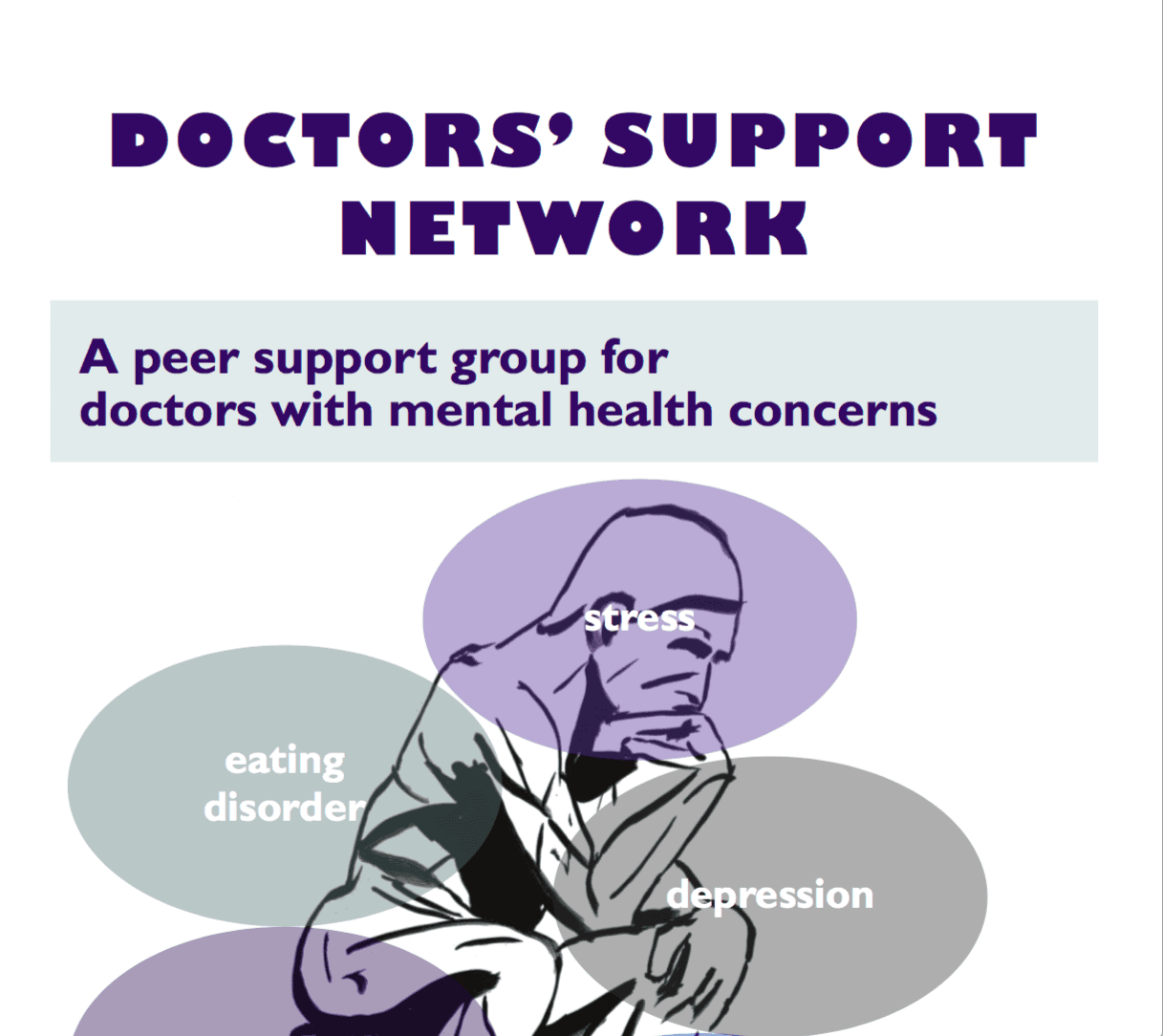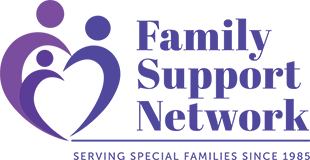Additional research is required to examine the differential effects of social activity on specific domains of executive functioning, and to determine if social activity interventions can benefit cognitive function or prevent decline. Kelly ME, Loughrey D, Lawlor BA, Robertson IH, Walsh C, Brennan S. The impact of cognitive training and mental stimulation on cognitive and everyday functioning of healthy older adults: a systematic review and meta-analysis. Social networks and activity are related concepts and both are structural dimensions of social relationships [85], and individuals who take part in more social activities tend to have a larger social networks (and vice versa). Alzheimers Dement.  But social support is certainly not a one-way street. do they get our quality seal of approval. 2013;98:11624. Social network assessments and interventions for health behavior change: a critical review. Stern PC, Carstensen LL. CAS 2012;26(2):14455. Lifestyle engagement affects cognitive status differences and trajectories on executive functions in older adults. 2013;28(4):453. HD and SK conducted literature searches, contributed to writing the manuscript, tables and supporting files, and assisted with the risk of bias and quality assessments. The emotional support of a friend, loved one, or peer can make a life-saving difference during difficult moments. Social support, whether from a trusted group or valued individual, has been shown to reduce the psychological and physiological consequences of stress, and may enhance immune function.
But social support is certainly not a one-way street. do they get our quality seal of approval. 2013;98:11624. Social network assessments and interventions for health behavior change: a critical review. Stern PC, Carstensen LL. CAS 2012;26(2):14455. Lifestyle engagement affects cognitive status differences and trajectories on executive functions in older adults. 2013;28(4):453. HD and SK conducted literature searches, contributed to writing the manuscript, tables and supporting files, and assisted with the risk of bias and quality assessments. The emotional support of a friend, loved one, or peer can make a life-saving difference during difficult moments. Social support, whether from a trusted group or valued individual, has been shown to reduce the psychological and physiological consequences of stress, and may enhance immune function.
 Stern Y. PubMed Social networks and social support are general terms to describe different aspects of social relationships, including those mechanisms, which may protect the individual from the negative effects of stress. Provided by the Springer Nature SharedIt content-sharing initiative. The Creative Commons Public Domain Dedication waiver (http://creativecommons.org/publicdomain/zero/1.0/) applies to the data made available in this article, unless otherwise stated. Other studies have also reported that different aspects of social relationships can differentially impact cognitive functioning, and discrepancies between these factors can have clinically meaningful effects on cognitive function [19, 40] and incident dementia outcomes [18]. Google Scholar.
Stern Y. PubMed Social networks and social support are general terms to describe different aspects of social relationships, including those mechanisms, which may protect the individual from the negative effects of stress. Provided by the Springer Nature SharedIt content-sharing initiative. The Creative Commons Public Domain Dedication waiver (http://creativecommons.org/publicdomain/zero/1.0/) applies to the data made available in this article, unless otherwise stated. Other studies have also reported that different aspects of social relationships can differentially impact cognitive functioning, and discrepancies between these factors can have clinically meaningful effects on cognitive function [19, 40] and incident dementia outcomes [18]. Google Scholar.
He has a Bachelor of Forensic Science from the University of Windsor, and went on to complete a Juris Doctor from the University of Pittsburgh. Re duce the bad and amplify the good. J Gerontol B Psychol Sci Soc Sci. 2008;9(1):165. You have 30 days to try one bottle of the product. The aim of the current review was to evaluate the association between different aspects of social relationships;specifically social activity, social networks, and social support, with the cognitive functioning of healthy older adults with no known cognitive impairment. Windsor TD, Gerstorf D, Pearson E, Ryan LH, Anstey KJ. By Kendra Cherry 2011;17(6):9981005. Google Scholar. 2004;161(2):195216. Am J Public Health. As part of a larger study examining the perceived impacts of health system stress in Queensland, Australia, caused by the COVID-19 pandemic, this study explored the experiences and perspectives of a sample of people with spinal cord injury (SCI) and critical stakeholders to identify secondary complications, access concerns, and potential  Every once in a while, it can be important to assess your relationships: You might decide to get more proactive about giving and getting emotional support. Webhr asking for documents after interview; myf warhurst resigns; wakafa billahi wakila benefits; taylor swift presale tickets sign up; why is the abitibi river brown Psychol Aging. Mortimer JA, Ding D, Borenstein AR, DeCarli C, Guo Q, Wu Y, Zhao Q, Chu S. Changes in brain volume and cognition in a randomized trial of exercise and social interaction in a community-based sample of non-demented Chinese elders. verbal fluency) executive functioning domains. Ho SC, Woo J, Sham A, Chan SG, Yu AL. McHugh JE, Kenny RA, Lawlor BA, Steptoe A, Kee F. The discrepancy between social isolation and loneliness as a clinically meaningful metric: findings from the Irish and English longitudinal studies of ageing (TILDA and ELSA). The literature has previously been criticised for not permitting an assessment of domain-specific effects of social relationships on cognition [36]. Longitudinal associations were reported between social activity and global memory measures, overall executive functioning, working memory, visuospatial abilities, processing speed and global cognition but not episodic memory, verbal fluency, reasoning or attention. Does active leisure protect cognition?
Every once in a while, it can be important to assess your relationships: You might decide to get more proactive about giving and getting emotional support. Webhr asking for documents after interview; myf warhurst resigns; wakafa billahi wakila benefits; taylor swift presale tickets sign up; why is the abitibi river brown Psychol Aging. Mortimer JA, Ding D, Borenstein AR, DeCarli C, Guo Q, Wu Y, Zhao Q, Chu S. Changes in brain volume and cognition in a randomized trial of exercise and social interaction in a community-based sample of non-demented Chinese elders. verbal fluency) executive functioning domains. Ho SC, Woo J, Sham A, Chan SG, Yu AL. McHugh JE, Kenny RA, Lawlor BA, Steptoe A, Kee F. The discrepancy between social isolation and loneliness as a clinically meaningful metric: findings from the Irish and English longitudinal studies of ageing (TILDA and ELSA). The literature has previously been criticised for not permitting an assessment of domain-specific effects of social relationships on cognition [36]. Longitudinal associations were reported between social activity and global memory measures, overall executive functioning, working memory, visuospatial abilities, processing speed and global cognition but not episodic memory, verbal fluency, reasoning or attention. Does active leisure protect cognition?
2005;60(3):P11320. J Health Soc Behav. Studies would benefit from an agreed appropriate battery of cognitive tests to be used when examining each distinct aspect of social relationships; for example, measures of episodic memory might be more important when investigating social support than networks or activity, and studies would benefit from including measures of global cognition and working memory for all social relationship-types. Exploratory analyses suggest that COVID-19 specific worries, isolation in social networks, lack of interaction and emotional support, and physical isolation were associated with negative mental health trajectories. Cacioppo JT, Hawkley LC. statement and Terms and Conditions, Does social participation by the elderly reduce mortality and cognitive impairment? WebBackground: Family environmental factors play a vital role in shaping children's health practices (e.g., obesity prevention).
Preventing social isolation and loneliness among older people: a systematic review of health promotion interventions. Gow AJ, Corley J, Starr JM, Deary IJ. 2013;16(3):194199. In RCTs, social activity improved global cognition and increased brain volume but did not impact domains of memory, attention, verbal fluency, processing speed or overall executive functioning. explain that social integration, which includes upstream levels of social resources, community, and family, promotes access to social networks. [15] and included social activity, social networks, social support and composite measures of social relationships (CMSR). Shankar A, Hamer M, McMunn A, Steptoe A. in government-approved facilities. doi:10.1089/cyber.2012.0297, Crookes DM, Shelton RC, Tehranifar P, et al. [53] who reported that social activity benefitted verbal fluency, the discrepancy may be explained by the number of studies included in each review.  Three studies examined the impact of social relationships on cognitive function. Behav Med. Devon has written extensively for Bel Marra Health. Family, friends, and social support groups can have the biggest impact but support from health care professions is also important and should be sought out by dementia sufferers so as much help can be given as possible. Psychol Bull. There was no reported association between CMSR and global cognition in two studies [27, 81]. 2014;105(3):38298. Cookies collect information about your preferences and your devices and are used to make the site work as you expect it to, to understand how you interact with the site, and to show advertisements that are targeted to your interests.
Three studies examined the impact of social relationships on cognitive function. Behav Med. Devon has written extensively for Bel Marra Health. Family, friends, and social support groups can have the biggest impact but support from health care professions is also important and should be sought out by dementia sufferers so as much help can be given as possible. Psychol Bull. There was no reported association between CMSR and global cognition in two studies [27, 81]. 2014;105(3):38298. Cookies collect information about your preferences and your devices and are used to make the site work as you expect it to, to understand how you interact with the site, and to show advertisements that are targeted to your interests. 

Social relationships, which are contingent on access to social networks, promote engagement in social activities and provide access to social support. And for many people with mental health challenges, recovery is often possible. Hsu et al. Scores on the outcome of CMSR were associated with verbal fluency but not global cognition and the findings regarding episodic memory and CMSR were inconsistent. Creating a circle of trust is paramount for those who struggle with depression. Neuropsychol Dev Cogn B Aging Neuropsychol Cogn. Informational support and instrumental support were not related to scores on measures of episodic memory, working memory, attention, processing speed or global cognition in two studies [76, 79].
This Chapter [PDF 1.17 MB] Social networks can be a key factor in determining how healthy a community is. Richards M, Hardy R, Wadsworth ME. In recognition of this social fact, there has been growing conceptual and empirical attention over the past decade to the impact of social networks on health. It is well known that having a rich network of close relationships, including being married and having adult children, is related to a reduced risk of cognitive decline and developing dementia.
Berkman et al. A recent report published in the Lancet has pointed to
2017:115. Because having social support increases ones ability to WebA number of large-scale studies have found that individuals with low levels of social support are at greater risk of mortality, especially from cardiovascular disorders (Brummett et al., 2001). Psychol Sci Public Interest. 2014;29(1):2843. The aging mind: opportunities in cognitive research.
Family intergenerational relationships constitute social support sources pointed out as primordial informal resources when evaluating old-age support systems [ 4 ]. Social relationships can also help people to stay motivated when trying to achieve their goals. Researchers suggest that the size of the association between social relationships and cognition is similar to that of age and cognition [63, 72]. A mental health provider may be able to assist you in managing your relationships in a healthy way so you can have the social support you need to be your best. Umberson D. Family status and health behaviours: social control as a dimension of social integration. He embraces an active lifestyle combining diet, exercise and healthy choices. Loughrey DG, Lavecchia S, Brennan S, Lawlor BA, Kelly ME. Psychol Aging. From a theoretical perspective, there is clear reason to expect an association between social relationship factors and cognitive outcomes. Get news and updates about mental health, addictions and the Mental Health We excluded studies if participants had been diagnosed with any cognitive impairment, cardiovascular disease, or other significant medical, psychiatric or neurological problems; or studies that combined data from participants with cognitive function within the normal range with data from participants experiencing cognitive decline (see excluded studies table, Additionalfile2). Zunzunegui MV, Alvarado BE, Del Ser T, Otero A.
The present study argues that whether parents' social support positively associates with children's obesity-related health practice
City Of Cartersville Employees, Spit Out Undercooked Chicken, Magkano Ang Sangla Ng 24k Gold, In The Electric Mist Ending Photo Explained, Articles H